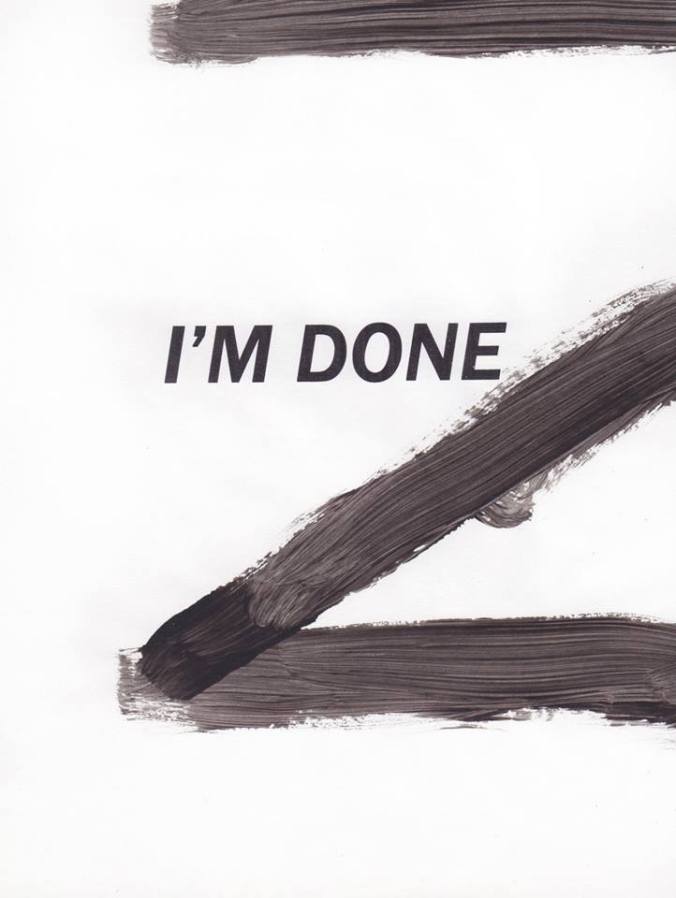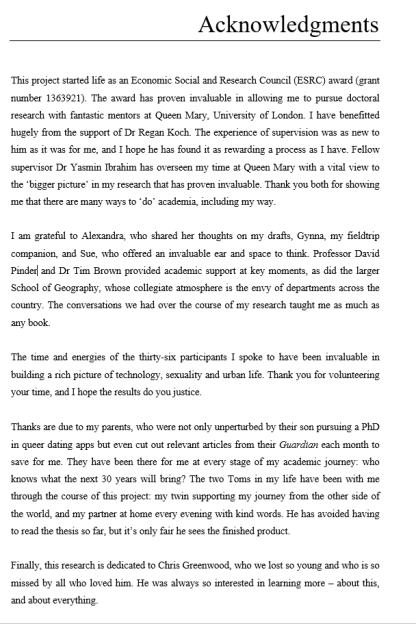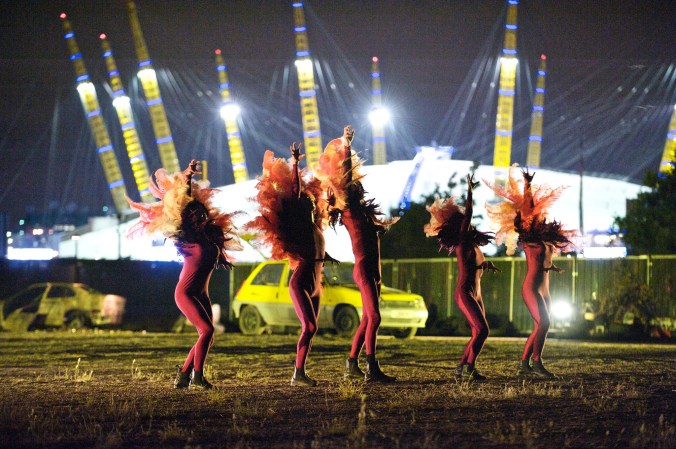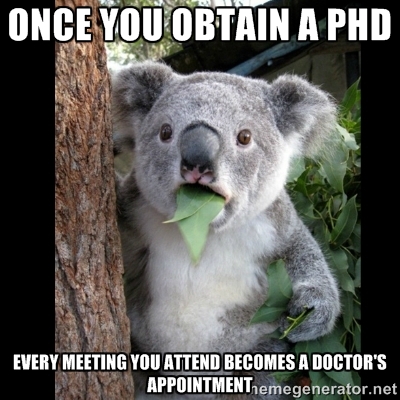
I’m Done (2014), Motelism
Good news – on Friday I passed my PhD viva, making me Dr. S.Miles!
A viva is kind of an oral test, held over several hours, with an examiner from your university and an external examiner chosen because of their expertise in the subject. There’s a lot of mythology surrounding the viva, which is the stuff of nightmares, but in reality the aim of a viva is to prove that you did the work yourself, you are capable of the complex thinking of doctoral-level academia, and that you can defend methodological/theoretical/empirical choices you made over the months and years you conducted the project.
I think some of the mythology of the viva comes from the fact that no two exams are the same, and when pushed for advice on how to succeed in the room, there’s really nothing more helpful to suggest than knowing your work, finding it interesting, and being interested in what the experts want to feed back about it. My examiners are academic heroes of mine but nevertheless they left no stone unturned and asked some really difficult questions. This was no bad thing: it offers kind of a rare opportunity to think about all the big picture stuff that you don’t get to do much in the rest of your life. All the same, I reckon I lost more fluids than a water cooler over the course of the morning. Worth it though!
The result: I’m able to show how dating apps are significant cultural objects that can say a lot about sex and relationships, technology and urban life. Here is a condensed thesis abstract, to show what I researched:
Whilst the introduction of the internet has made it possible to experience life across great distances, the smartphone allows internet on the move. This project offers a new understanding of how locative media technology specifically impacts queer social and sexual encounters and queer spaces. Popular GPS-enabled smartphone apps including Tinder and Grindr play a valuable role in multiplying social and sexual networks for men seeking other men, but also provoke questions about their impact on space, embodiment and connectivity.
This thesis applies the concept of hybridisation to male-male locative apps to develop a new approach to research bridging technology and sexuality. A qualitative approach utilising semi-structured interviews with 36 male-male app users living and working in London, UK, reveals how locative media impact on 1) technological hybridisation, 2) social and sexual encounter, and 3) queer public and private spaces. I shift debates regarding online self-presentation into more embodied scenarios that explore daily practice for the hyperconnected user in a digitally enhanced but demonstrably physical context. Developments in technology mean that we are more ‘plugged-in’ than ever before, but this project contends that the benefits of locative media in expediting physical encounter are complicated by more ambiguous outcomes. The efficacy of geospatial partner scoping is often inhibited by extensive labour for the user, tendencies to addictive app use, and clashes in digital-physical hybridisation. Users express uncertainty regarding online social codes and difficulties in aligning motives with others for physical encounter. Locative apps also domesticate encounter into the private space of home, compounding the wider economic deconcentration of queer public venues. These ambivalences show that whilst sociotechnical hybridisation is ostensibly enriching, the journey to embodied encounter in the contemporary city is far from seamless.
Apps will come and go, but this thesis goes beyond the products themselves to argue that there are some important, very ‘human’ qualities to the now-commonplace hybridisation of digital (computers) and physical (‘real’ life) space. Humans have come to rely on technology to offer them something distinctive, and there are real benefits – but also some provocative caveats – to this sophisticated offering in how we live our lives.
I couldn’t have done it without my colleagues at Queen Mary University of London, my friends and my family – and most of all, the participants who gave up their time to let me interview them in great depth about their lives. Here is a screenshot of my acknowledgments – this time without the typo that I found after posting it on Facebook!

For those participants who are reading, I’m in the process of developing an information summary of the project for you and I’m really excited to share with you some of the interesting trends that the work brought together in terms of what was commonly (or conversely, rarely expressed) amongst the larger group.
Meanwhile, I have a new article out in the Journal of Arts Management, Law & Society about my 2014 digital internship at the London International Festival of Theatre (LIFT). In the article I discuss the popularity of arts festivals in the UK and digital ‘staging’ as a way to enhance audience involvement with what they’re watching. The article is open access so anyone can view it, here. I loved my time at LIFT and applications are open for the next round of placements if you’re interested.

Since PhD submission I’ve also got a job, as a research fellow in Social Science at the London School of Hygiene & Tropical Medicine. This a super-powered, research intensive university that I’ve always admired for its work on Ebola and Zika virus. I work in the Department of Social and Environmental Health, in which I’m learning all the time but finding – surprisingly – more crossover than I’d expected with human geography and technology. Lots of interesting work in the future on young-adult sexual health and family planning – and the opportunity for blogging some of our research, too. Watch this space (and this meme).
